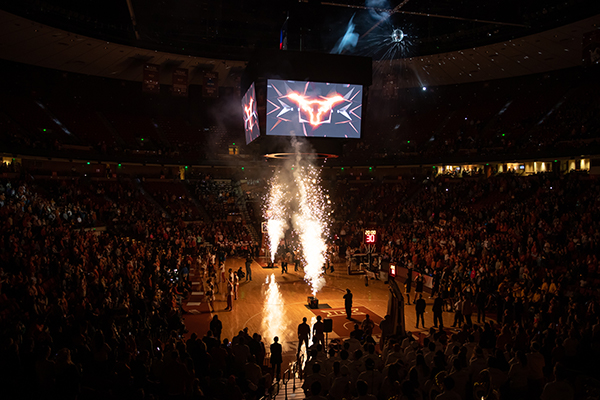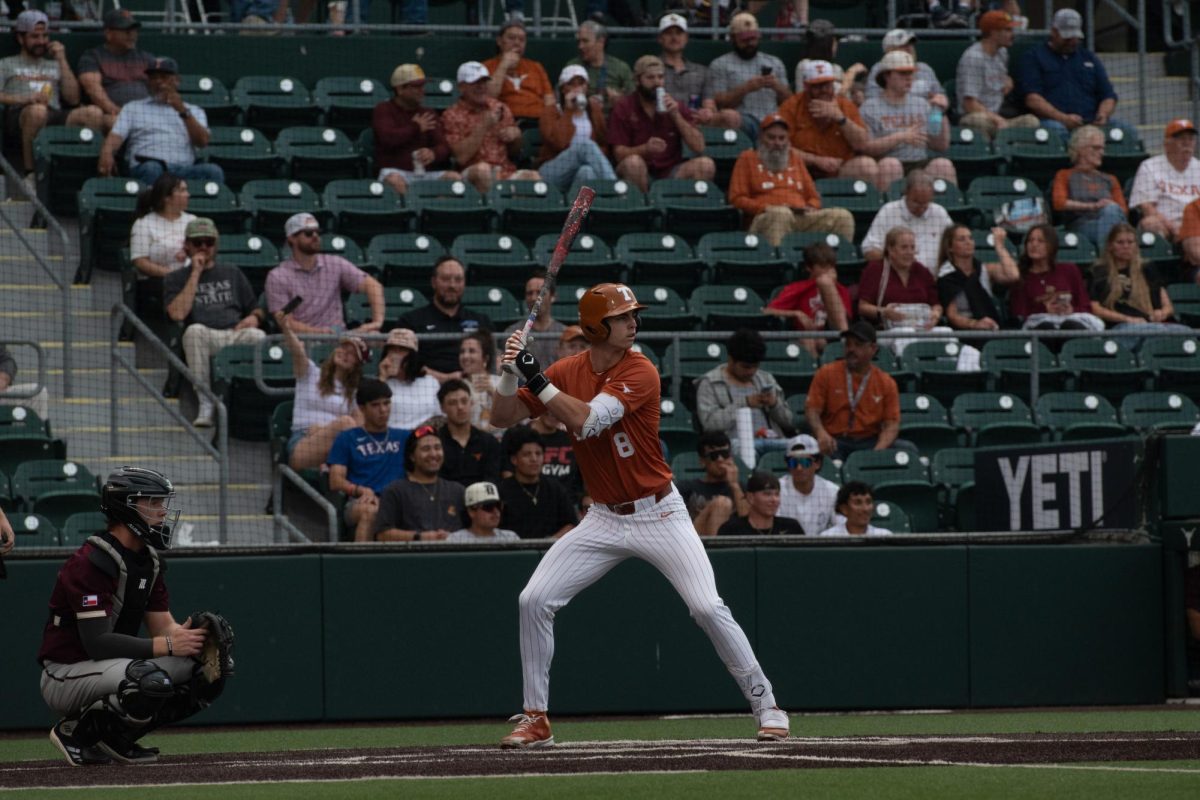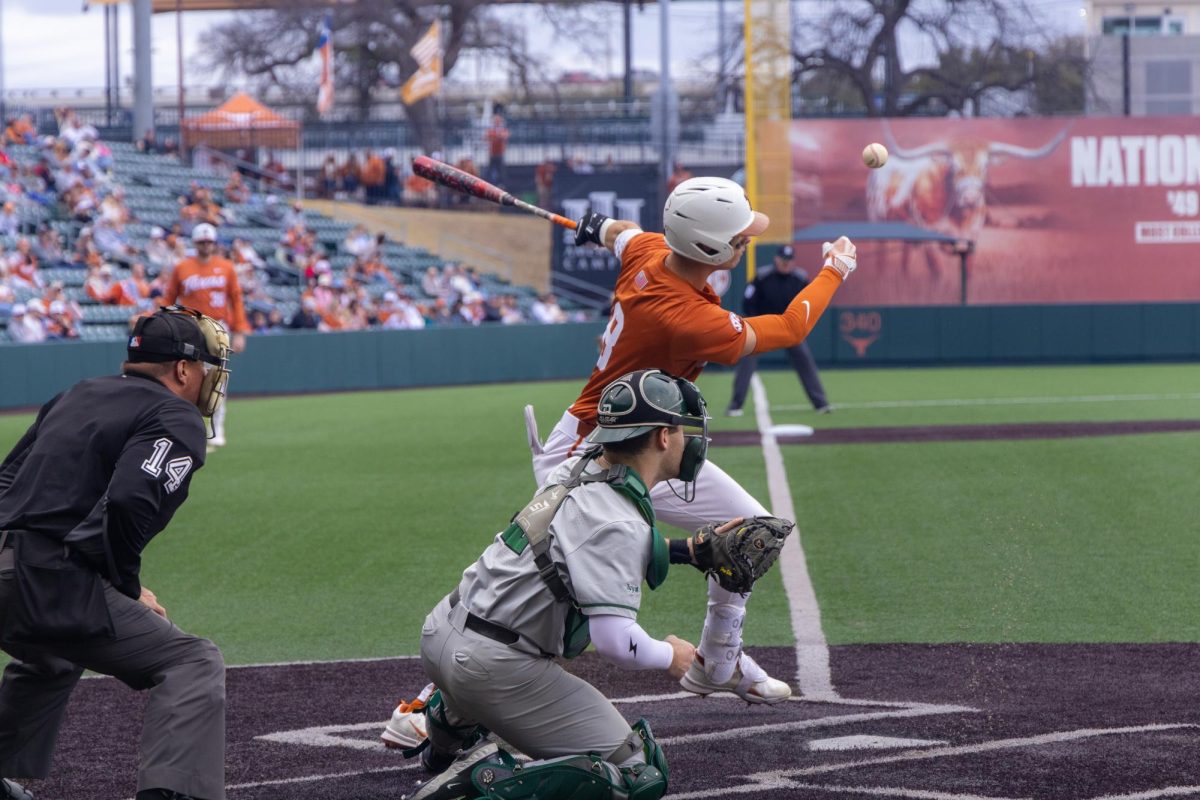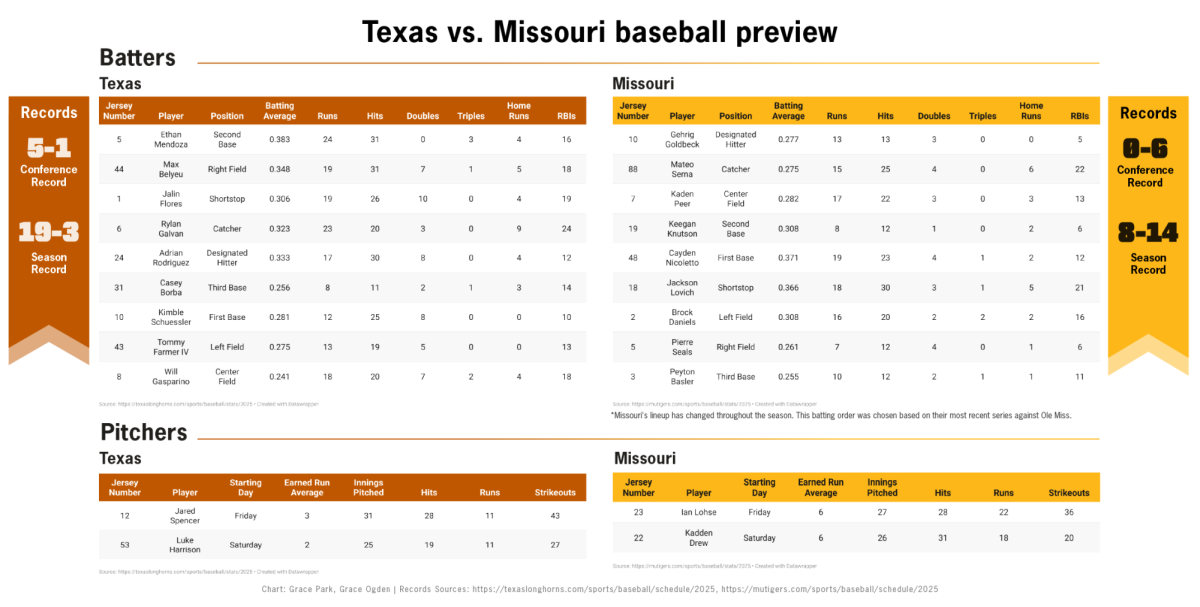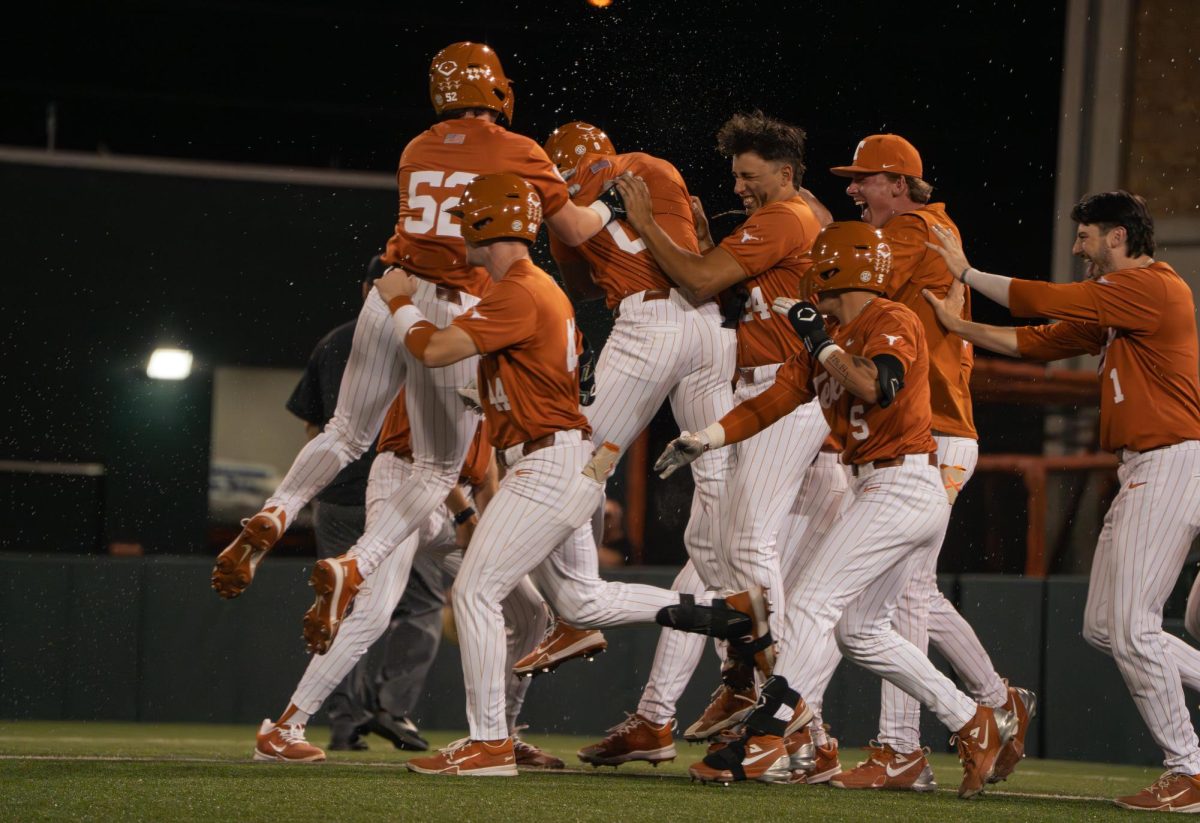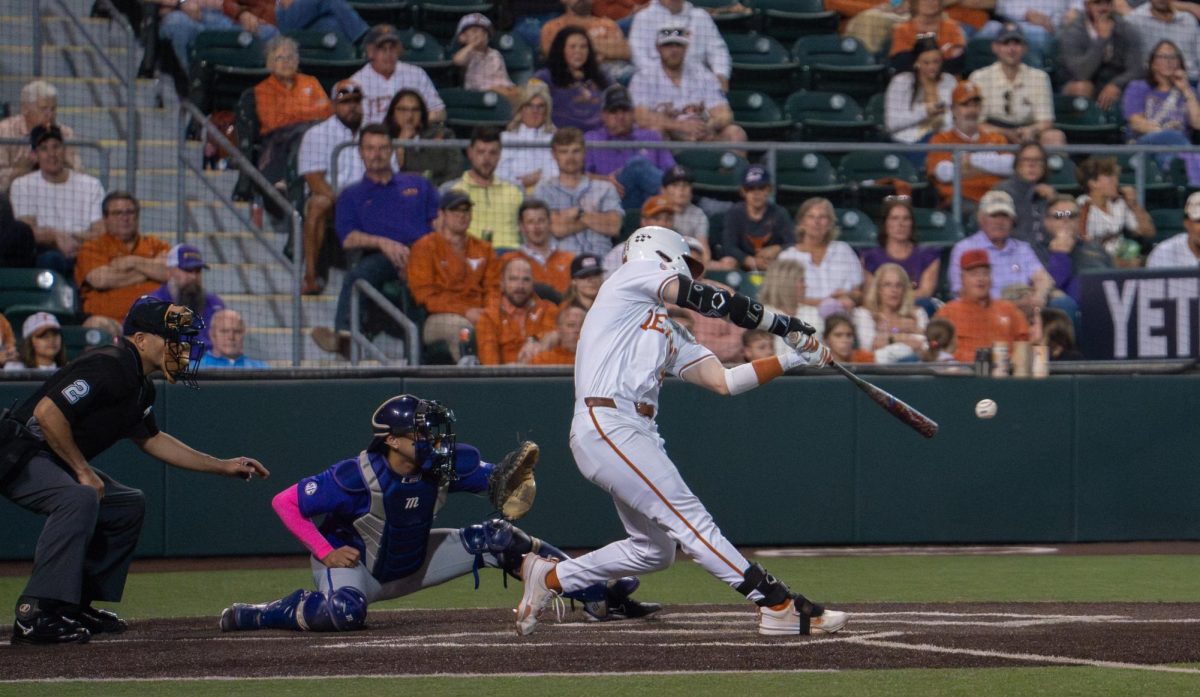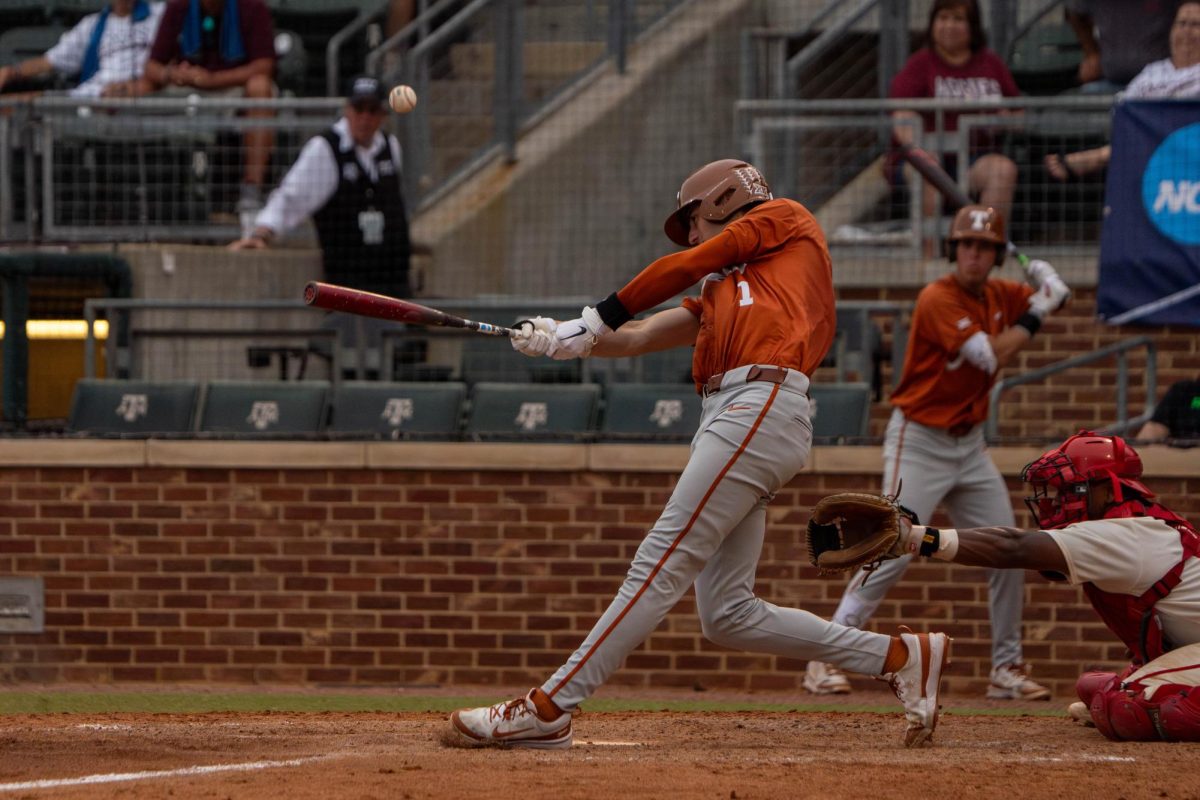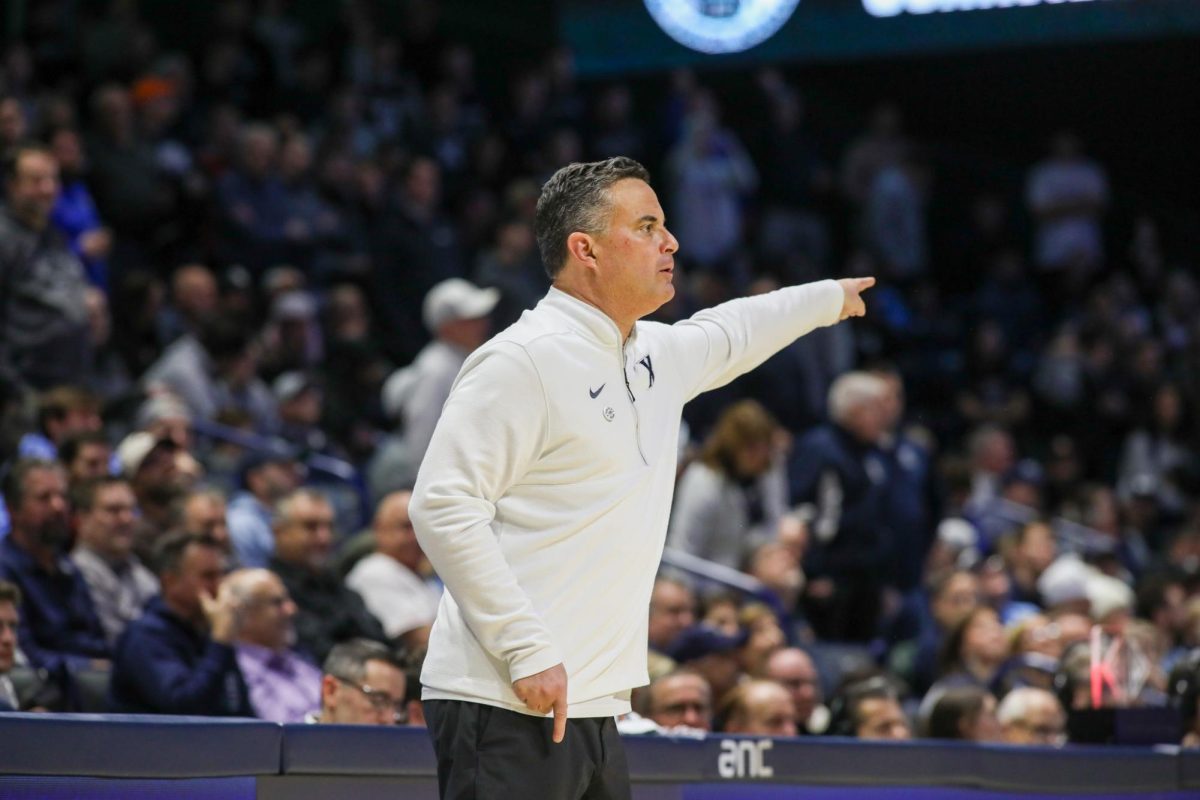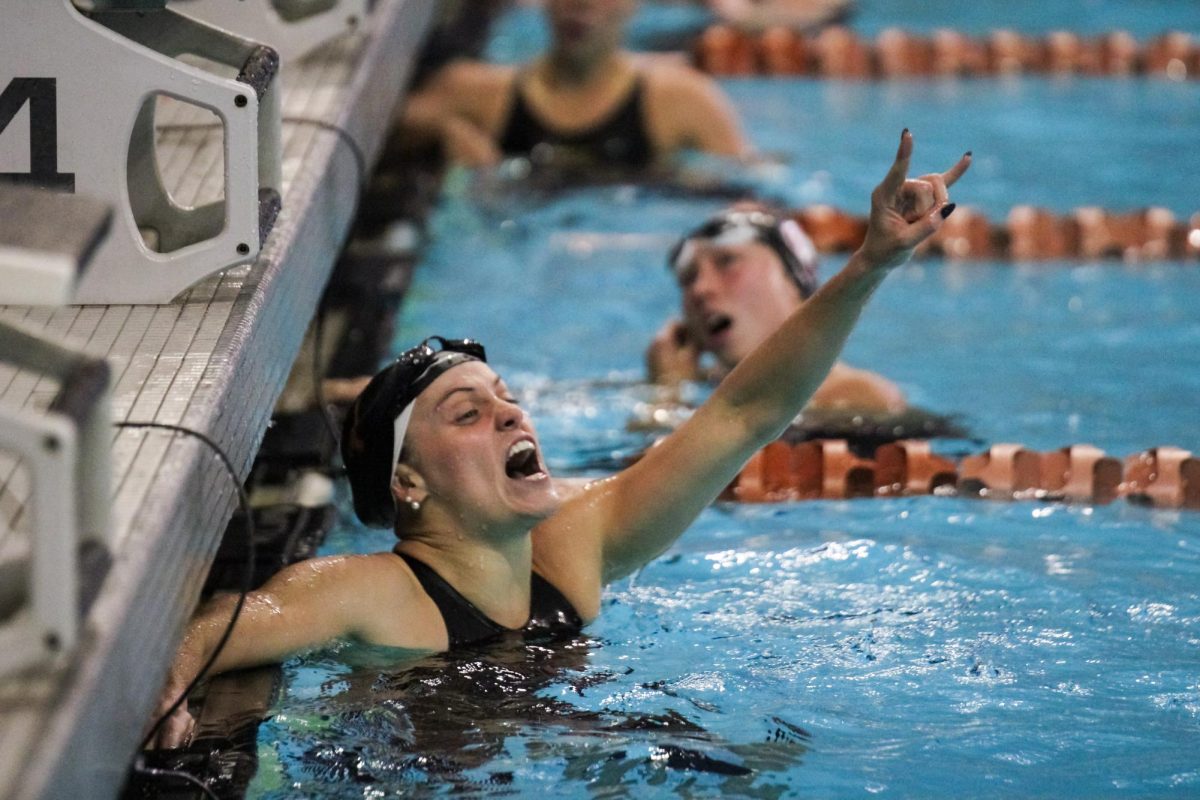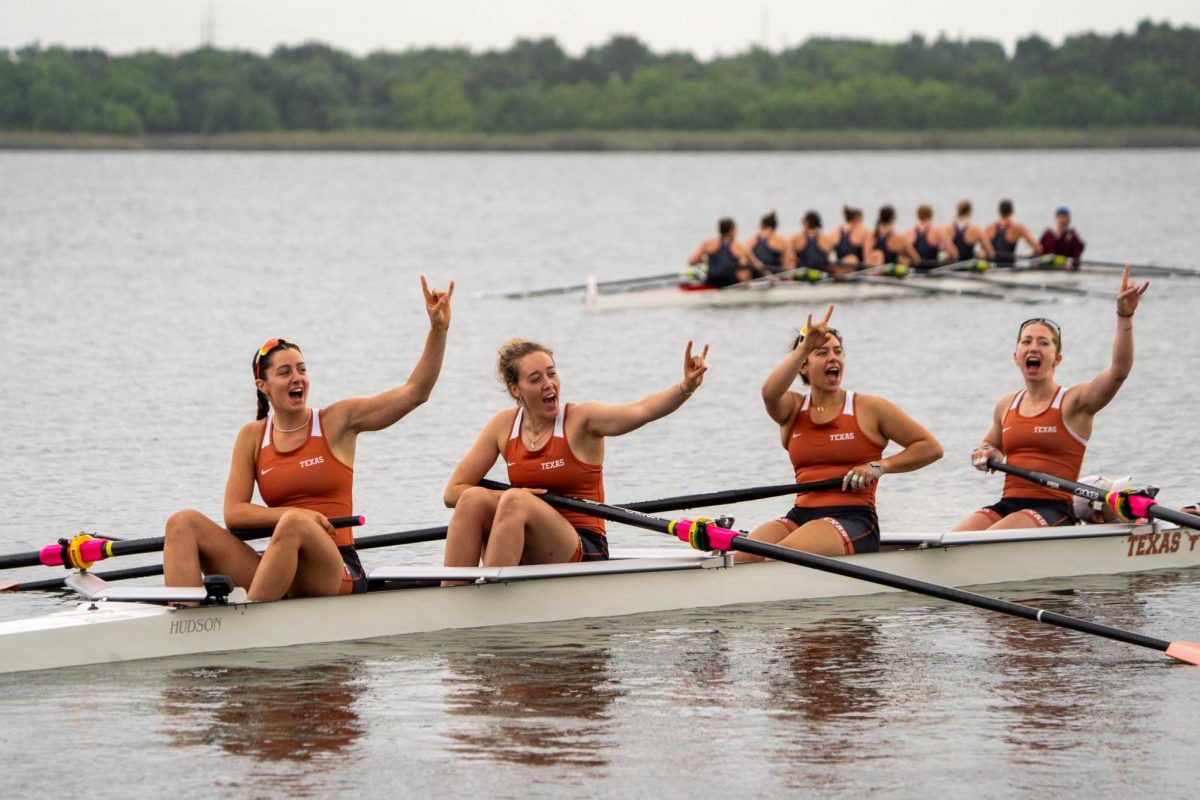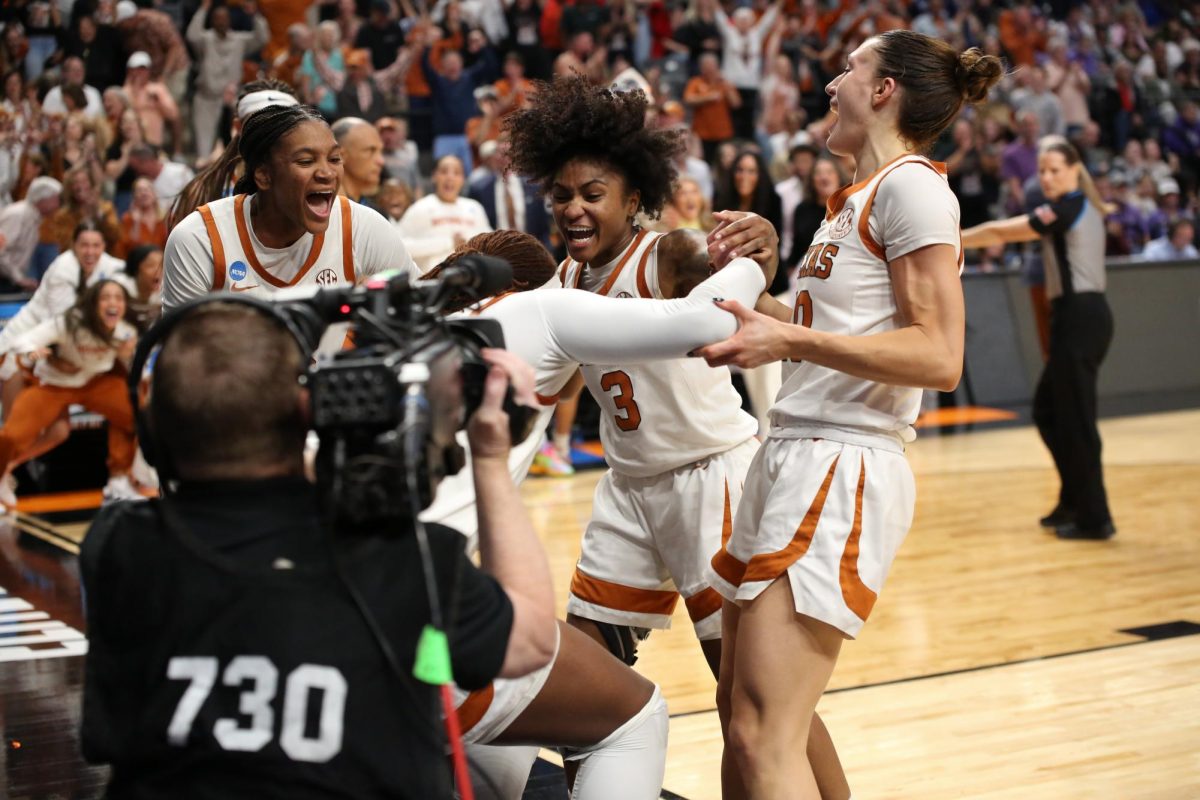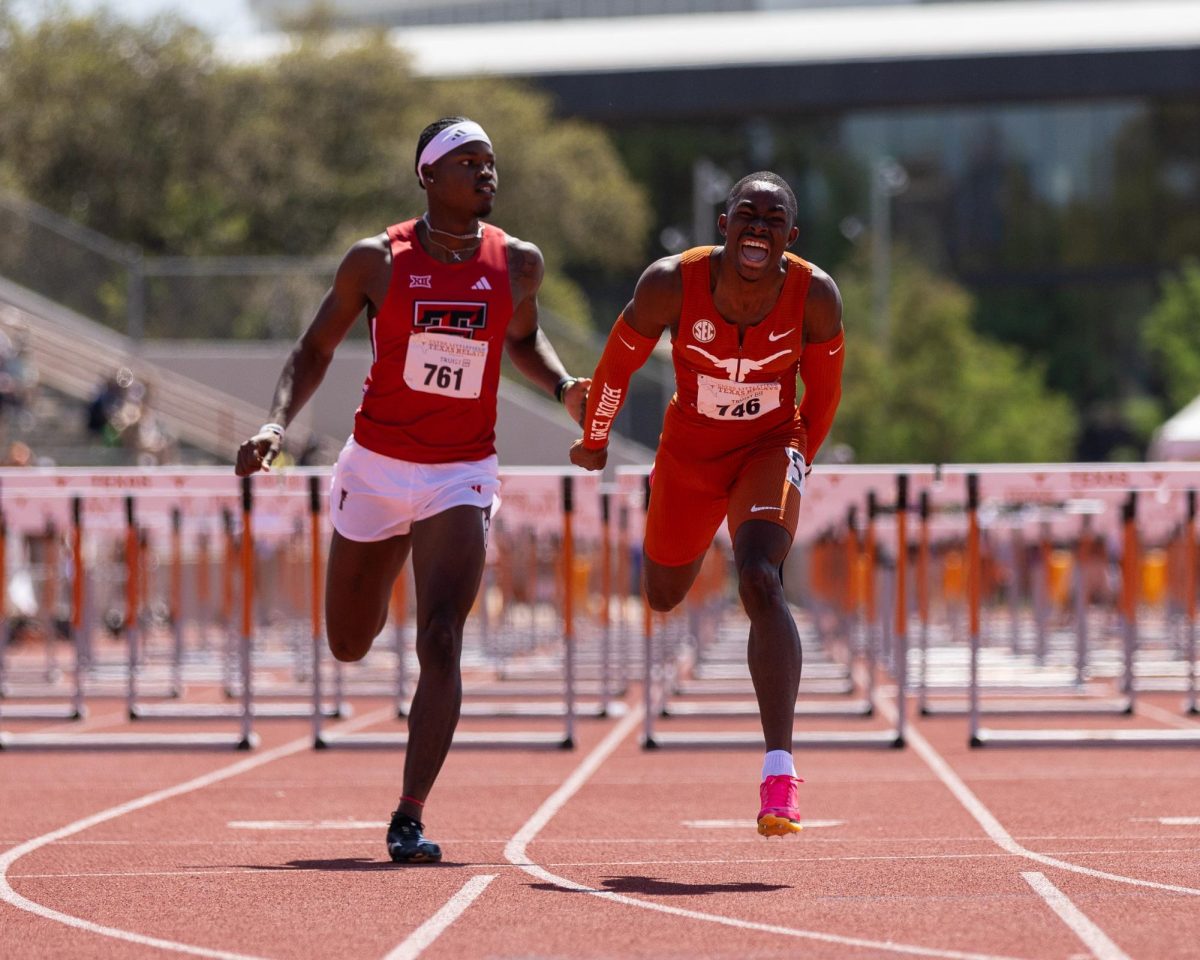On Sept. 30, California Gov. Gavin Newsom signed Senate Bill 206, otherwise known as the Fair Pay to Play Act, into the law. This law is in direct opposition to NCAA bylaws, which prohibit college athletes from profiting off of their name and likeness.
For years, the debate over student-athlete compensation has been a thorn in the side of the NCAA. Players have directly contributed billions of dollars in revenue for universities, television companies and various advertisers who place ads in stadiums and on uniforms. SB 206 is the first bill to promise players a seat at the table.
“It was just a matter of time before that was coming,” Texas basketball head coach Shaka Smart said. “The challenge we have right now is that any sport in college operates under an amateur model that was developed many generations ago that might not necessarily make the most sense for today. The NCAA and the powers that be have really tried to hold onto that model because it works for certain people.”
One popular argument against the Fair Pay to Play Act is the amount of standing benefits players receive, claiming that full scholarships and stipends are enough to satisfy player needs.
But some say this does not fairly compensate a player for their time and energy expended on a daily basis or for the ridiculous sums of money universities and others make off of their performance.
“I think people get confused,” freshman guard Donovan Williams said. “The first thing people will say is that athletes don’t need it because they get a free education (and) this and that. I don’t think they understand the rigor that student-athletes go through. Having to wake up early, having the responsibility of going to practice and school is an everyday process. It’s a lot of hard work both physically and mentally.”
Another argument against the newly-passed law is the recruiting implications that schools could face. Schools with larger pools of resources would be at an advantage over smaller schools in smaller markets. With the recruiting rules already strictly enforced, the extra complications from paying players could cause major headaches.
“How that relates to recruiting is going to be fascinating,” Smart said. “We have very strict recruiting rules, so if I ran into a recruit at the mall, I’m not even allowed to talk to him. Once you introduce this likeness stuff it’s going to be interesting to see what happens.”
Between lucrative TV deals, advertisements and ticket sales, the NCAA annually clears nearly $1 billion from the March Madness tournament.
“TV companies pay billions of dollars and billions of people watch us,” Williams said. “People are allowed to make sporting bets on college games. People can profit off of our team and how we play but we can’t profit off of ourselves? It’s a lot of different angles and they all have value, but it’s a very hard topic to handle.”
There are concerns that change should not be made by individual states and should instead occur at the national level due to the confusion that could be caused by a patchwork of state laws. Several Power Five conference commissioners have spoken out against SB 206, including Big 12 Commissioner Bob Bowlsby.
“The schools in our conference and those throughout the United States seek national recruiting and a national competitive environment that can only be accomplished with fair and uniform rules and policies,” Bowlsby said in a released statement. “The passage of SB 206 will negatively impact the universities in California and will undermine the unique American collegiate model that has been an enormous source of opportunity for millions of young student-athletes.”
On the opposite side, there has been plenty of vocal support from basketball legends such as Duke head coach Mike Krzyzewski and LeBron James to politicians such as Senators Bernie Sanders and Chris Murphy. The times are changing in NCAA, and some believe that pushing the envelope is the right way forward.
“We need to stay current with what’s happening,” Krzyzewski said during Atlantic Coast Conference Media Day on Oct. 8. “I’m glad it was passed because it pushes the envelope, it pushes the issue. We’ve had our heads in the sand a lot for college. We’re not good game planners for the future. We’re reactionary.”

